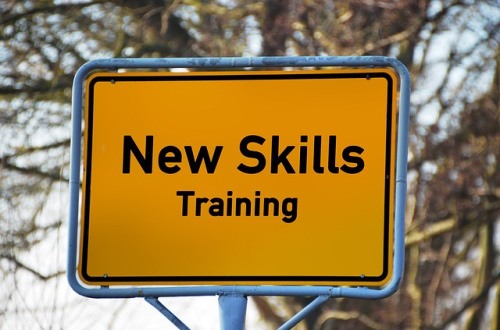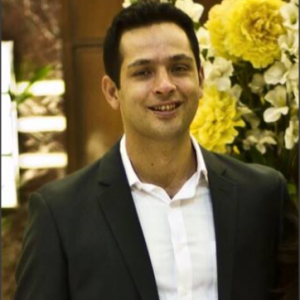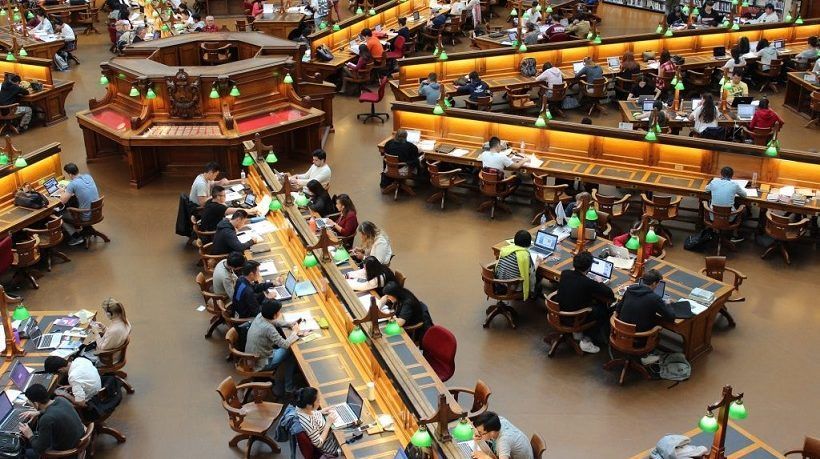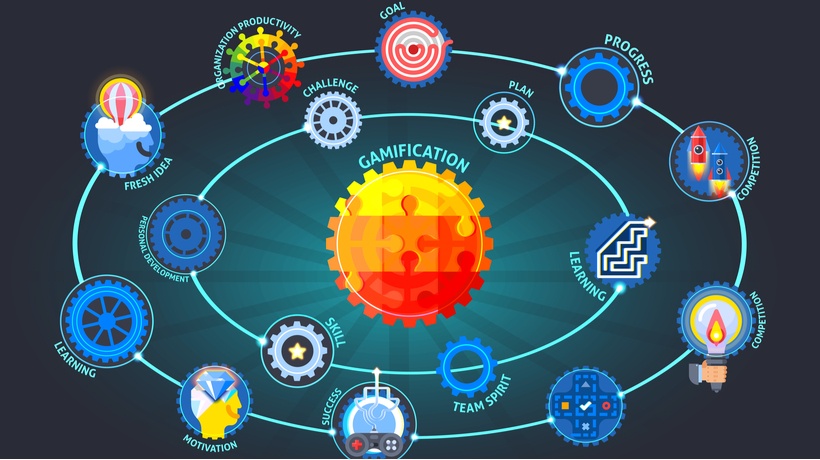Identifying The Difference Between Knowledge And Skills
Knowledge is information acquired through sensory input: Reading, watching, listening, touching, etc. The concept of knowledge refers to familiarity with factual information and theoretical concepts. Knowledge can be transferred from one person to another or it can be self acquired through observation and study.
Skills, however, refer to the ability to apply knowledge to specific situations. Skills are developed through practice, through a combination of sensory input and output. As an example, social skills are developed through interaction with people by observing, listening, and speaking with them. Trial and error is probably the best way to achieve skills mastery.
To make it simple, knowledge is theoretical and skills are practical. You can know all the rules of a sport, know all the teams and all players, know all the statistics, but this only makes you knowledgeable about this sport; it does not make you any good at it. To become good at a sport you must play it, practice its techniques, and improve your skills through experience. You don’t need to know all the teams or all the players to practice a sport and you can easily learn the rules as you play, through trial and error.
The same applies to a job: One can know a lot about a subject matter, but might not have the skills required to apply that knowledge to specific tasks, since knowledge does not provide skills. However, developing skills normally provides some knowledge, as practicing those skills results in sensory inputs. As an example, an aerospace engineer may know a lot about avionics and flight theory, but this alone does not make him an aircraft pilot. On the other end, an aircraft pilot only requires a minimal level of knowledge about avionics and flight theory in order to be able to fly the plane, and this knowledge will continue to increase as he gains experience flying a simulator or an actual plane.
Developing Skills
Therefore, if you want to better prepare individuals to meet a desired performance, they don’t need more lectures. What they need is more practice. The production of more presentations and more page turners will only make people more knowledgeable; it will not provide them with skills to better do their job. Seems logical, no? Why then are so many learning professionals still addressing performance gaps with lectures, online presentations, or other theoretical content?
In order for people to achieve a desired performance at a task they must be provided with opportunities to perform the actions required so they can improve their performance at this task until they master it. While a lot of what is actually called training is basically nothing more than information dump, no surprise that such training programs fail to deliver results. Training should be about activities, scenarios, and simulation. When training is about lectures, presentations, and quizzes we end up with individuals who know a lot of things but can’t do much with it.
Of course skills can be developed more easily if one has prior knowledge of the task to be accomplished: Learning to fly a plane through trial and errors without having a slight idea about how planes fly may be quite risky, but theory should be limited to the minimum required to be able to perform the task. You cannot learn how to drive a car without knowing where the accelerator and brake pedals are. However, the best way to learn the effects of acceleration and brakes is not to read about it, but to actually experience it.
Practice is the only way to develop skills: The more you do something, the better you get at doing it.









